Germany is among Europe’s forerunners in matters of environmental consciousness. With a national pledge to reduce carbon emissions, preserve natural scenery, and promote sustainable practices, the country has built an infrastructure that influences not only residents but also how tourists experience their trip.
As a visitor, keeping track of Germany’s green policies is not just courteous it’s required. Familiarity with and compliance with these norms could contribute significantly to your travel experience and enable the nation to achieve its green-goals.
1. Green Transport
Germany encourages public transport, walking, and cycling over car driving. Here are how you can be on its page:
- Rail and Public Transit: Germany’s DB system is effective and green, with many electric trains. There are U-Bahn (subway), S-Bahn (city rail), trams, and alternative fuel buses available in every city.
- Bike Rentals and E-Scooters: Berlin, Munich, and Hamburg cities offer bike-share and e-scooter rental with special bike lanes.
- Alternatives to Cars: Instead of renting individual cars, tourists can rent on car-sharing programs, which have electric or hybrid cars.
By not taking unnecessary air or car journeys inside the country, you contribute directly to the transport emission reduction targets of Germany.
2. Green Accommodation Options
There are many eco-certified hotels and lodges in Germany:
- When making a reservation, check for “Green Key” or “Biohotel” signs, which award sustainability in energy usage, food sourcing, and waste management.
- Many hostels and guesthouses provide carbon-neutral accommodations through energy consumption offset or solar panels, energy-efficient appliances, and water-saving habits.
- Some green hotels use local organic food, provide biodegradable toilet products, and offer clients a discount if they arrive by public transport.
To stay in these hotels minimizes your impact but encourages eco-friendly business.
3. Practice Waste Segregation
Waste segregation (Mülltrennung) is one of Germany’s most visible environmental practices. The color-coded bins are sometimes placed at homes, hotels, public spaces, and even on trains:
- Yellow: Plastics and packaging
- Blue: Paper and cardboard
- Brown/Green: Biodegradable waste (organic)
- Black/Grey: Mixed trash
- Glass containers (separated by color) are generally outside houses or hotels
Failure to sort the trash may result in fines or public frustration. If in doubt, ask locals or hotel staff.
4. Limit Single-Use Plastics
Germany discourages the use of plastic immensely and has banned many single-use plastic items. As a traveler:
- Bring a refillable water bottle. Germany has clean tap water and numerous refill stations.
- Do not use plastic shopping bags; carry a reusable tote or backpack.
- Takeaway food can be carried in reusable boxes or with reusable utensils.
- Increasingly, restaurants and coffee houses now charge for disposable cups or only provide reusable cups.
It reduces wastage, especially in tourist cities.
5. Respect Nature and Protected Areas
Germany boasts over 100 nature parks and 16 national parks. These are managed in the interest of biodiversity and landscape.
- Hike or cycle on trails.
- Do not pluck flowers, feed animals, or throw away litter.
- Stay in campsites only wild camping is not allowed in most areas.
- Be aware of noise controls and fire restrictions, especially in forest zones.
Wherever you are on the Black Forest, Bavarian Mountains, or North Sea coast, good practice maintains these areas in condition for the next generation.
6. Eat Sustainably
German food has turned green:
- Dine at restaurants that use local, organic, seasonal produce.
- Vegetarian and vegan options are widely available and often marked on menus.
- Visit farmers’ markets or organic shops (like “BioMarkt”) for snacks and fresh produce.
- Reduce food waste by ordering moderate portions and taking leftovers when possible.
Some eateries also compost food waste and partner with zero-waste initiatives.
7. Offset Your Carbon Footprint
Even with all these practices, international flights contribute significantly to emissions. Consider:
- Purchasing carbon offsets when booking flights.
By doing the following:
- Flying on airlines that are members of eco-compensation schemes.
- Donating to a certified reforestation or clean energy project if not included in your booking.
- It’s a small but useful step towards carbon-free travel.
8. Be Conscious of Local Environmental Legislation
Germany’s environmental laws affect tourists in subtle ways:
- No-idling areas in most cities drivers must turn off their motors while stationary.
- Low Emission Zones (Umweltzonen) require cars to carry a green emissions sticker to drive into city centers.
- Quiet times and noise restrictions are imposed in all villages and towns.
- Compliance with these measures avoids penalties and promotes respect for local tradition.
Germany’s environmental laws are not just regulations-they reflect a national culture of responsibility and sustainability. Riding the train, separating trash, sleeping in ecological accommodation, and not using plastic enables visitors to belong to the nation’s green culture while preserving its natural beauty.
Traveling in harmony with Germany’s environmental goals isn’t difficult it just takes a bit of awareness and intention. In return, you’ll experience a cleaner, greener, and more respectful way of exploring one of Europe’s most vibrant destinations.


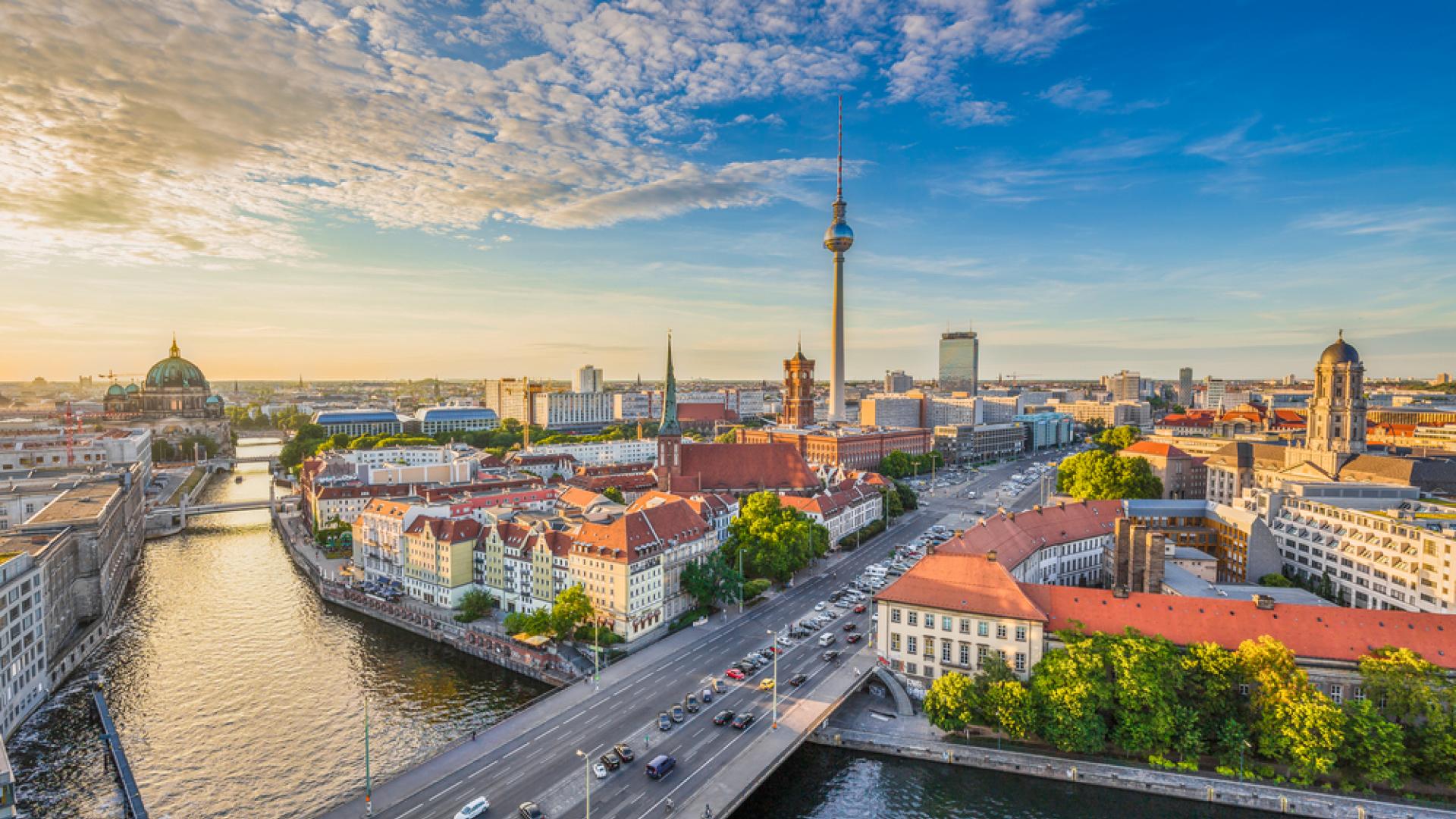
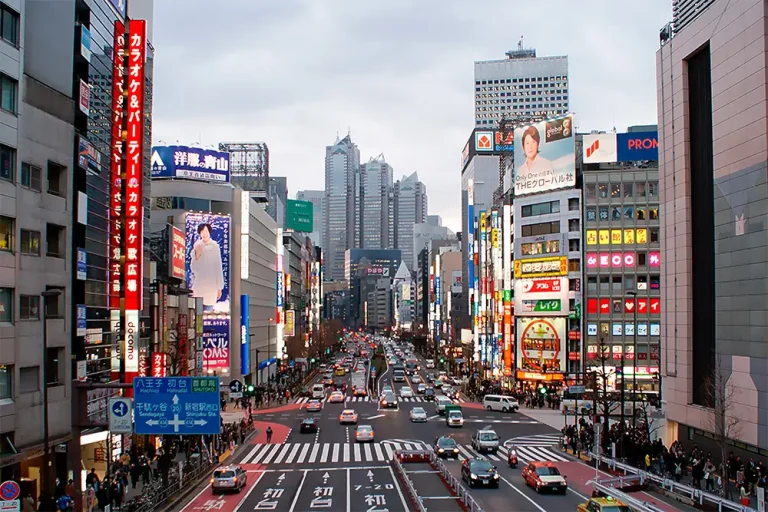
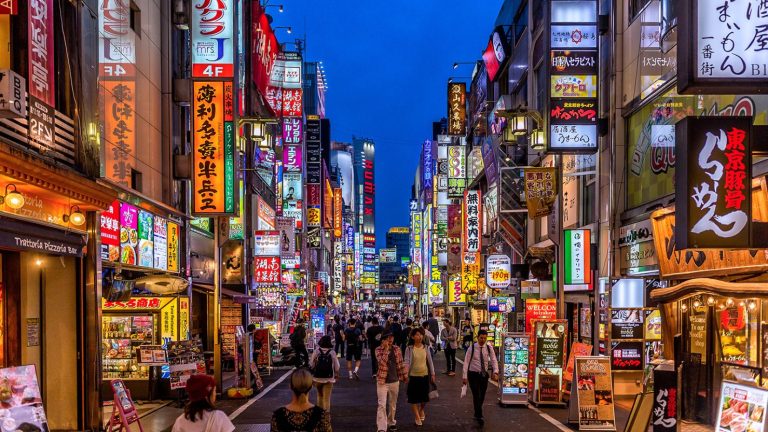

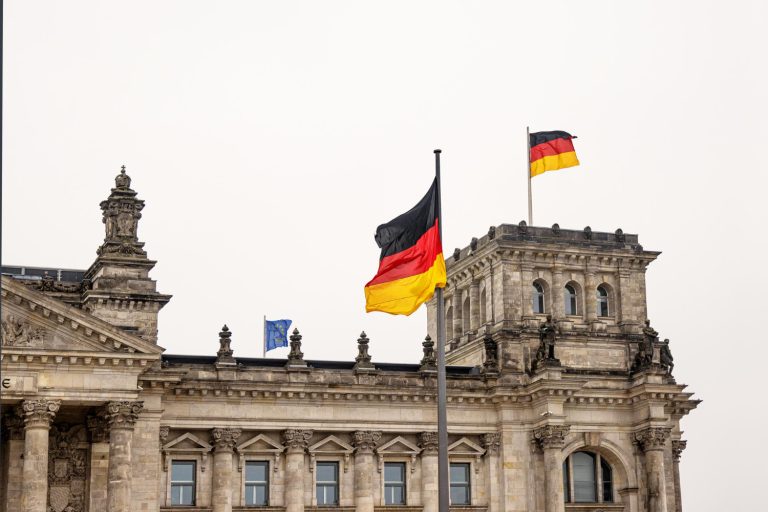
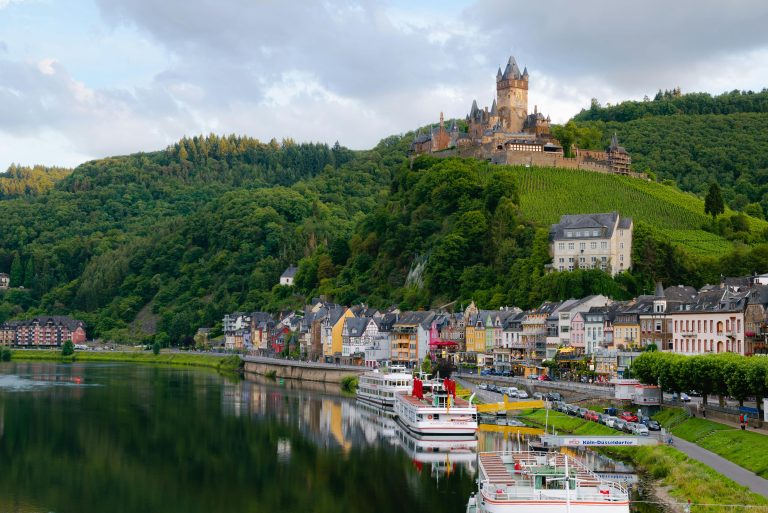

Leave a Comment